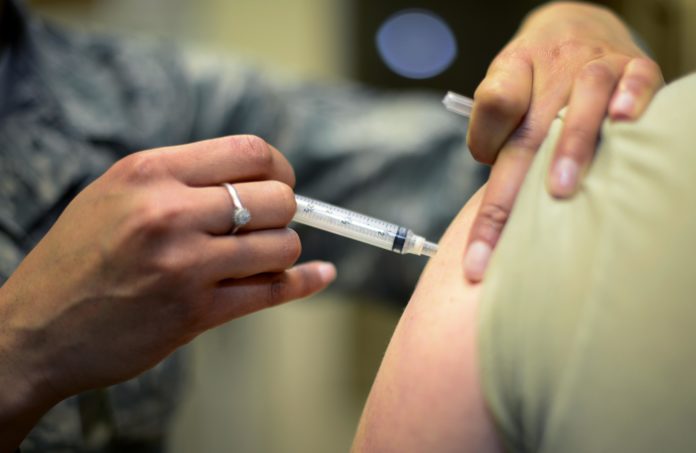India is home to the second highest number of diabetes patients in the world.
ICMR today issued standard treatment guidelines against diabetes after almost a decade for the diagnosis, screening, treatment and prevention of the disease. Medibulletin looks at Diabetes scenario in India and why this is a step in the right direction to prevent this looming epidemic.
India, home to more than a sixth of the world’s population, is in the midst of a rapid epidemiological transition. Rates of noncommunicable diseases have risen in recent decades and are likely to continue as India’s population ages and urbanizes. The contribution of non-communicable diseases (NCDs) which includes ischaemic heart disease, stroke and diabetes, caused about 25% of the total disease burden in India in 2016, up from about 10% in 1990. NCDs overall has risen from 30% of the total disease burden in 1990 to 55% to 2016, according to the first National state-level disease burden report published on 14th november 2017.
India is home to the second highest number of diabetics in the world. According to the estimates of the International Diabetes Federation (IDF), India had 72.9 million people with diabetes in 2017, which is projected to rise to 134.3 million by the year 2045. A vast majority of cases remains undiagnosed especially in rural areas.
The National Family Health Survey 4 reported the overall incidence of diabetes in India to be 20.3% with 8.6% women and 11.7% men affected. Household wealth and urban location has been positively associated with diabetes and the prevalence of diabetes among middle-aged adults in the poorest households in rural areas is also rising.
Diabetes is being increasingly seen in younger age groups and is often associated with other diseases like central obesity, dyslipidemia and hypertension.
The guidelines emphasizes on empowering people with diabetes and those at increased risk of diabetes by making them active partners in treatment and prevention of the disease. Awareness about diabetes is important as compliance with treatment especially in younger age groups is also a concern leading to many preventable future complications including chronic kidney disease requiring dialysis and transplants. Screening for diabetes and appropriate preventive measures with diet and lifestyle modifications has been advised in the report.
The report also highlights the increasing use of herbal products and drugs from other indigenous systems of medicine in India for the treatment of diabetes and warns that the belief that all herbal drugs are safe and non toxic is not true as the method how they work is unknown.
The ICMR guidelines for diabetes will add value to the Government of India’s flagship Rs 2000 crore preventive healthcare plan to screen for non communicable diseases such as diabetes, hypertension and cancer.


